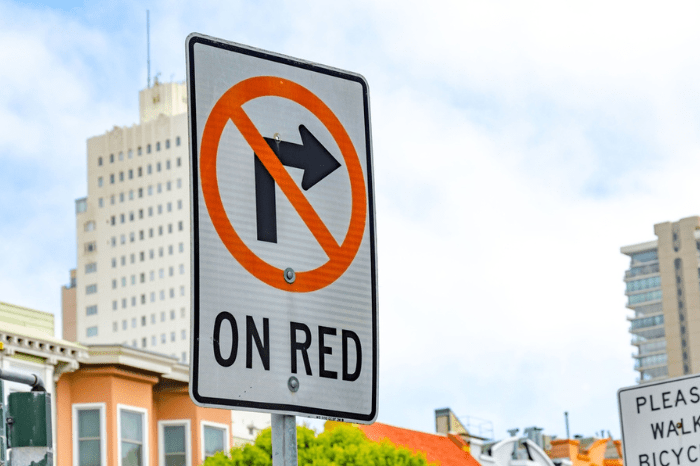Complete the form to schedule a free consultation with a traffic lawyer
3 New California Traffic Laws for 2024

As we move into 2024, California is set to implement several new traffic laws aimed at increasing road safety and fairness. These laws reflect the state’s ongoing commitment to evolving its traffic regulations in response to societal changes and technological advancements. Let’s dive into the details of these noteworthy changes affecting Californian roads.
Clear Communication in Traffic Stops: Assembly Bill 2773
A Shift in Traffic Stop Protocol
One significant change comes with Assembly Bill 2773, which transforms how traffic stops are initiated by law enforcement. Starting January 1, 2024, officers will be required to immediately disclose the reason for stopping a vehicle or pedestrian. The traditional opener, “Do you know why I pulled you over?” will no longer be the standard practice.
Exceptions and Objectives
Exceptions to this rule are limited to situations where immediate communication of the stop’s purpose is deemed by the officer as potentially hazardous to life or property. This new approach, as highlighted by Assemblymember Chris Holden, is designed to minimize pretextual stops and to foster a more transparent and de-escalated interaction between police officers and civilians.
Celebrating Car Culture: Assembly Bill 436
Revival of Lowrider Cruising
AB 436 marks a victory for car enthusiasts, particularly within the lowrider community. This bill effectively lifts a longstanding ban on lowrider cruising in California. The distinctive “low and slow” driving style, along with modifications that bring a car’s body closer to the ground than its rims, has been a proud tradition in Southern California’s Chicano communities since the post-World War II era.
Impact on Local Ordinances
Set to take effect on January 1, 2024, this change will notably affect cities like Los Angeles, Fresno, and Santa Ana, where local restrictions have historically limited this aspect of car culture. AB 436 recognizes the cultural significance of lowrider cruising and aligns with broader efforts to celebrate and preserve diverse cultural expressions.
Speed Safety System Pilot Program: Assembly Bill 645
Introduction of Speed Monitoring Cameras
AB 645 introduces a novel approach to managing speed-related safety concerns in various Californian cities. Los Angeles, Oakland, San Jose, Glendale, Long Beach, and San Francisco County will initiate a five-year pilot program deploying a limited number of cameras to monitor and enforce speed limits in critical areas.
Target Areas and Penalties
The program’s focus will be on school zones, high-injury roadways, and known locations for street racing. The enforcement will be civil rather than criminal, with penalties proportionate to the degree by which the speed limit was exceeded.
Staying Informed
The upcoming year brings about pivotal changes in California’s traffic laws. These new regulations, ranging from procedural alterations in traffic stops to the embrace of cultural expressions and innovative speed enforcement methods, reflect California’s commitment to evolving its traffic systems. These laws balance safety concerns with cultural appreciation and aim to make Californian roads safer and more inclusive for all. As we approach 2024, these changes are a reminder of the dynamic nature of our laws and the importance of staying informed and adaptable.
For legal assistance with traffic laws, including speeding tickets, red light tickets, and traffic sign violations, click here or call 1-888-296-3059.
